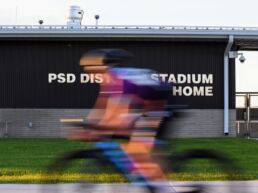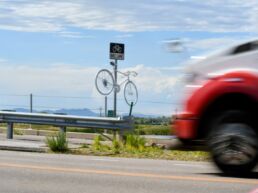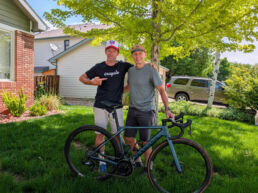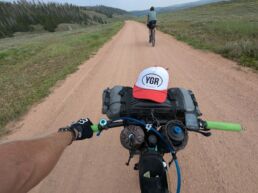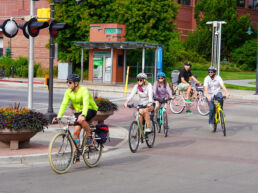 The following article was written by Meg Dunn of Pedal Fort Collins. http://pedalfortcollins.com/
The following article was written by Meg Dunn of Pedal Fort Collins. http://pedalfortcollins.com/
Although bicycling is a much lauded part of Fort Collins culture, there’s still an undercurrent of disagreement over who “owns” the roads. Some motorists are of the opinion that the street is for them, while most bicyclists beg to differ. The reality is that the City owns the roads and we, as residents, are granted conditional use of them.
When it comes to paying to maintain our local roads, we all contribute fairly equally. In terms of the damage we do to the roads, motorists do far and away more than bicyclists, which costs the City more in maintenance fees and therefore costs all of us more in tax dollars. (And, of course, big rigs, garbage trucks, and other heavy vehicles do the most damage of all. To the extent that we have trash pickup, or buy goods that were hauled in by truck, then we’re complicit in that really intense level road wear as well.) But there’s also another angle on the “ownership” debate that is a little more tangential, but still plays a role in the overall picture when it comes to costs, health, carbon emissions, the need for road re-engineering and more. The issue is congestion and it tends to distribute its costs rather unevenly.
Every vehicle on a road impacts other vehicles on the same road in some way. A large vehicle that blocks the road, or a really slow vehicle (like one of downtown’s horse drawn carriages), can reduce the flow of traffic just because of the nature of the vehicle. Or, there can be so many vehicles, that the sheer number of them creates congestion and reduces speeds.
The more the flow of traffic is influenced, the longer vehicles are on the road. For cars that are using fossil fuels, every minute on the road contributes more to pollution, which in turn leads to environmental and health costs. These are costs that someone has to foot the bill for, but the person who has to pay isn’t necessarily the person who’s creating the expense.
So, for example, if someone lives along the fringe of town and has to drive that much farther to get to work, they’re contributing more pollution, but may breathe cleaner air when they’re out working in their yard and thus don’t end up with related medical bills. But someone who lives so close to work that they can bicycle every day will end up breathing in more fumes and, despite not producing pollution as they travel, may end up with medical bills associated with breathing in exhaust from neighboring vehicles.
It’s easy to leave these kinds of external costs out of the conversation about who is paying for the roads, but using fossil fueled vehicles does contribute to a variety of external costs including related health expenses.
The goal of this post is not to explore every externality, but simply to introduce the concept as an additional component in the conversation of who “owns the roads.” Though all types of transportation users pay into the road maintenance system fairly equitably in Fort Collins, those driving vehicles powered by fossil fuels put more stress on the pavement, put more pollution in the air, and take up more space on the road. This generates far greater costs to the City (and thus to the taxpayers).
Most bicyclists also own and use a motor vehicle. So we all depend upon the work of the City of Fort Collins in building and maintaining our roads. But the more we can shift our use to sustainable forms of transportation, the less we’re demanding from the City coffers, and the less we put the costs of our transportation use on others in the form of pollution, congestion, and other externalities.
About the Author
Meg Dunn
Meg believes there are a lot of useful ways to get around – riding a bike, walking, skateboarding, driving a car, even riding a scooter. The more we learn to vary our means of transportation, the more options we have and the less gridlock we contribute to. In Pedal Fort Collins, Meg focuses on bicycling as transportation. But no one bicycles in a vacuum, just like we don’t drive or walk or scooter in a vacuum. With that in mind, all forms of transportation, and all types of transportation users, are addressed in this blog.
